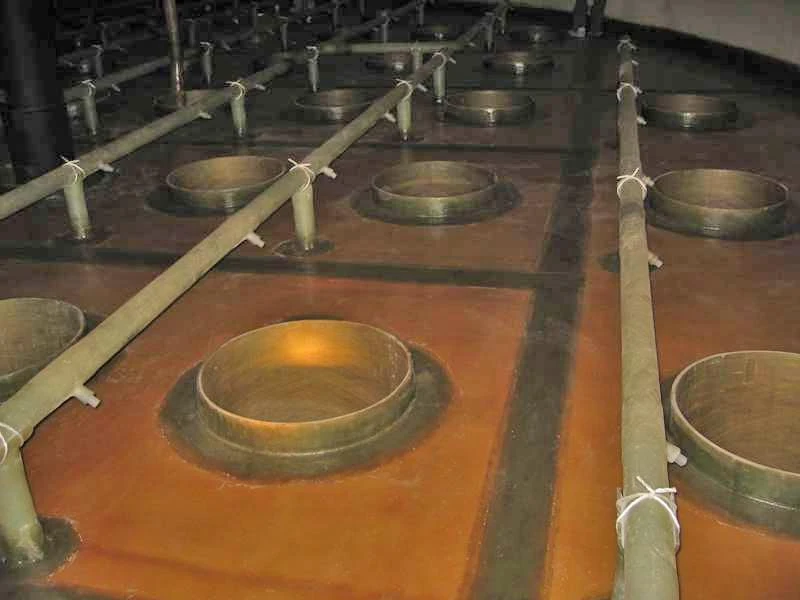
-
 Afrikaans
Afrikaans -
 Albanian
Albanian -
 Amharic
Amharic -
 Arabic
Arabic -
 Armenian
Armenian -
 Azerbaijani
Azerbaijani -
 Basque
Basque -
 Belarusian
Belarusian -
 Bengali
Bengali -
 Bosnian
Bosnian -
 Bulgarian
Bulgarian -
 Catalan
Catalan -
 Cebuano
Cebuano -
 China
China -
 China (Taiwan)
China (Taiwan) -
 Corsican
Corsican -
 Croatian
Croatian -
 Czech
Czech -
 Danish
Danish -
 Dutch
Dutch -
 English
English -
 Esperanto
Esperanto -
 Estonian
Estonian -
 Finnish
Finnish -
 French
French -
 Frisian
Frisian -
 Galician
Galician -
 Georgian
Georgian -
 German
German -
 Greek
Greek -
 Gujarati
Gujarati -
 Haitian Creole
Haitian Creole -
 hausa
hausa -
 hawaiian
hawaiian -
 Hebrew
Hebrew -
 Hindi
Hindi -
 Miao
Miao -
 Hungarian
Hungarian -
 Icelandic
Icelandic -
 igbo
igbo -
 Indonesian
Indonesian -
 irish
irish -
 Italian
Italian -
 Japanese
Japanese -
 Javanese
Javanese -
 Kannada
Kannada -
 kazakh
kazakh -
 Khmer
Khmer -
 Rwandese
Rwandese -
 Korean
Korean -
 Kurdish
Kurdish -
 Kyrgyz
Kyrgyz -
 Lao
Lao -
 Latin
Latin -
 Latvian
Latvian -
 Lithuanian
Lithuanian -
 Luxembourgish
Luxembourgish -
 Macedonian
Macedonian -
 Malgashi
Malgashi -
 Malay
Malay -
 Malayalam
Malayalam -
 Maltese
Maltese -
 Maori
Maori -
 Marathi
Marathi -
 Mongolian
Mongolian -
 Myanmar
Myanmar -
 Nepali
Nepali -
 Norwegian
Norwegian -
 Norwegian
Norwegian -
 Occitan
Occitan -
 Pashto
Pashto -
 Persian
Persian -
 Polish
Polish -
 Portuguese
Portuguese -
 Punjabi
Punjabi -
 Romanian
Romanian -
 Russian
Russian -
 Samoan
Samoan -
 Scottish Gaelic
Scottish Gaelic -
 Serbian
Serbian -
 Sesotho
Sesotho -
 Shona
Shona -
 Sindhi
Sindhi -
 Sinhala
Sinhala -
 Slovak
Slovak -
 Slovenian
Slovenian -
 Somali
Somali -
 Spanish
Spanish -
 Sundanese
Sundanese -
 Swahili
Swahili -
 Swedish
Swedish -
 Tagalog
Tagalog -
 Tajik
Tajik -
 Tamil
Tamil -
 Tatar
Tatar -
 Telugu
Telugu -
 Thai
Thai -
 Turkish
Turkish -
 Turkmen
Turkmen -
 Ukrainian
Ukrainian -
 Urdu
Urdu -
 Uighur
Uighur -
 Uzbek
Uzbek -
 Vietnamese
Vietnamese -
 Welsh
Welsh -
 Bantu
Bantu -
 Yiddish
Yiddish -
 Yoruba
Yoruba -
 Zulu
Zulu
Customized Fiberglass Fittings for Enhanced Performance and Unique Applications
The Versatility and Benefits of Fiberglass Customized Fittings
Fiberglass is a composite material made primarily of glass fibers and resin, which has gained immense popularity across various industries due to its unique properties. One of the most significant applications of fiberglass is in the production of customized fittings. These fittings are crucial components used in various systems, particularly in plumbing, electrical, and industrial applications. The demand for fiberglass customized fittings has surged, thanks to their exceptional durability, lightweight nature, and corrosion resistance.
Advantages of Fiberglass Customized Fittings
1. Corrosion Resistance One of the standout features of fiberglass is its resistance to corrosion. Unlike metal fittings, which can succumb to rust and degradation when exposed to moisture or harsh chemicals, fiberglass fittings maintain their structural integrity even in aggressive environments. This makes them ideal for use in chemical processing plants, wastewater treatment facilities, and other applications where resistance to corrosive substances is critical.
2. Lightweight and Strong Fiberglass fittings are significantly lighter than metal counterparts, which can translate into reduced transportation and installation costs. Despite their lightweight nature, fiberglass fittings are strong and capable of withstanding high pressures. This combination of strength and lightness is particularly beneficial in applications where weight constraints are a concern, such as in aerospace and automotive industries.
3. Customization One of the key advantages of fiberglass fittings is the ease of customization. Manufacturers can tailor fiberglass fittings to meet specific requirements, including size, shape, and functional attributes. This level of customization allows for their integration into unique systems, ensuring optimal performance and compatibility. By leveraging advanced manufacturing techniques such as filament winding and resin infusion, it is possible to create fittings that meet precise engineering specifications.
4. Thermal Insulation Another beneficial property of fiberglass is its excellent thermal insulation. Unlike metal fittings, which can conduct heat, fiberglass fittings can reduce heat loss and insulation for piping systems. This attribute is especially important in plumbing and HVAC systems, where maintaining temperature is a priority. By using fiberglass fittings, businesses can enhance energy efficiency, leading to reduced operational costs.
fiberglass customized fittings

5. Longevity Fiberglass fittings offer remarkable longevity, typically lasting much longer than traditional materials such as metal or plastic. Their durability reduces the need for frequent replacements, leading to lower maintenance costs and less downtime in industrial processes. In many cases, the initial investment in fiberglass fittings pays off over time due to their extended lifespan.
Applications of Fiberglass Customized Fittings
The applications of fiberglass customized fittings are extensive and varied. In the construction industry, they are used in plumbing systems to transport water and sewage safely. In the electrical sector, fiberglass fittings are utilized for conduits and enclosures that house electrical wiring, ensuring protection against the elements.
In the chemical industry, fiberglass fittings play a vital role in transferring corrosive substances without risk of leakage or contamination. Moreover, they find applications in oil and gas industries, providing sturdy and reliable connections for piping systems that transport fuels and other substances.
Conclusion
As industries continue to evolve and prioritize materials that enhance performance and sustainability, fiberglass customized fittings emerge as a top choice. Their unique combination of properties, including corrosion resistance, lightweight design, and easy customization, meets the demands of modern applications. With advancements in manufacturing techniques and a growing understanding of fiberglass's benefits, it is expected that the use of fiberglass customized fittings will only continue to expand in the future. By investing in these fittings, businesses can not only improve operational efficiency but also contribute to a more sustainable approach in their respective industries.









